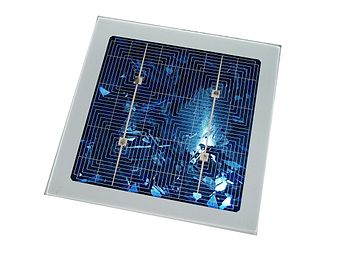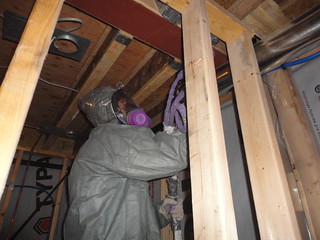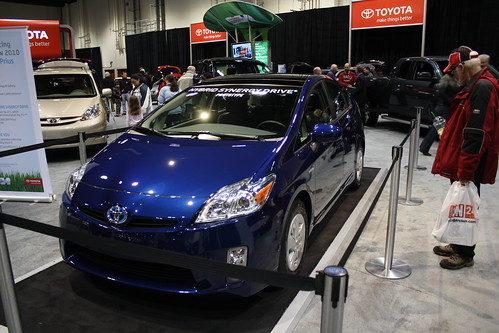
Photo by Jyle Dupuis via Flickr
What is old to some can be new for others when it comes to hybrid vehicles. According to the New York Times, an estimated 415,000 used hybrids were on the market this past May, with some used Toyota Prius models listed as low as $15,000. Similar hybrid models remain competitively priced today, as a 2010 Ford Fusion Hybrid was recently listed for $15,495 on the used car dealership website Drive Time. However, buyers willing to spend more to own the newest models not only get the full life of a manufacturer’s warranty but they may also be eligible for the federal Plug-In Electric Drive Vehicle Credit as well as other state tax credits, as the IRS notes.
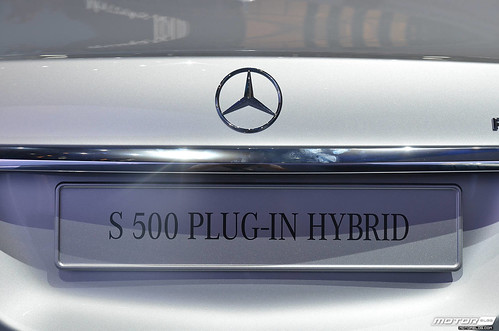
Photo by motorblog via Flickr
Whether you buy a used or new model, there are certainly advantages that come with owning a hybrid vehicle—namely the improved gas mileage that will save you money by spending less time at the pump. According to the Huffington Post, hybrid car sales rose about 73 percent from 2011 to 2012 to an estimated 440,000 units. If you do decide to look for a used hybrid vehicle, there are a few things that you will want to keep in mind during your search.
As the automotive website Edmunds.com noted, “the first and most important step a prospective buyer should take” is to conduct a thorough check of the used hybrid’s service record. As hybrid vehicle specialist Carolyn Coquilette told Edmunds, the fact that hybrids are largely computer-controlled is good because it generally means you’re not going to have the same concerns about prior driving abuse you would have with other cars. Instead, one concern for hybrid buyers has more to do with the specialized batteries.
The April 2013 issue of Consumer Reports reported that nearly 20 percent of 2009 Honda Civic Hybrid owners required a battery replacement over a 12-month survey period. Additionally, the replacement rate was more than 10 percent for 2003, 2004 and 2010 Civic Hybrid models. Because hybrid batteries can range between $2,000 and $4,000 to replace, that is an understandable concern for potential buyers.

Photo by goldberg via Flickr
However, the Times noted that federal regulations require all hybrids to carry a minimum of a 100,000-mile, eight-year battery warranty, and some tests have shown that hybrid batteries can last much longer. John O’Dell, a senior editor at Edmunds, told the Times that battery life shouldn’t be a concern if a car is less than five years old and has fewer than 100,000 miles. Additionally, two executives at top automotive battery companies told the Wall Street Journal that the cost of lithium-ion batteries used in electric and hybrid vehicles will likely be about half of today’s price by 2020.
Another important step in looking for a used hybrid vehicle is to have an independent inspection performed by a trained hybrid mechanic. While many locations will typically have signage letting you know that they employ such trained mechanics, some dealerships do not always have certified mechanics. If you are unsure where to find qualified technicians in your area, the Auto Career Development Center lists such locations.
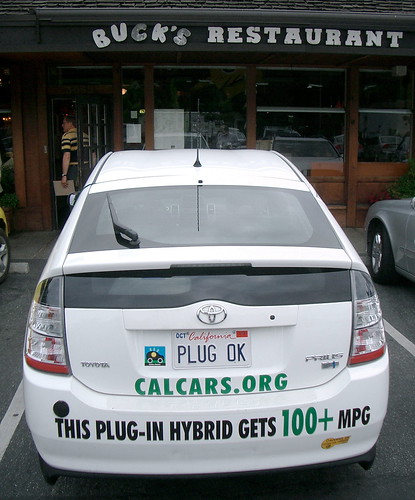
Photo by jurvetson via Flickr
Price can understandably be the major sticking point for those torn between buying new or used, but it should be noted that David Wurster, president of automotive research company Vincentric, told Forbes that while most hybrids have higher depreciation costs than non-hybrids, about half the hybrids his company analyzed in November 2012 had lower depreciation rates than the non-hybrids. Prospective buyers should also learn about the potential incentives their state offers—many of which are tax credits worth thousands of dollars.















